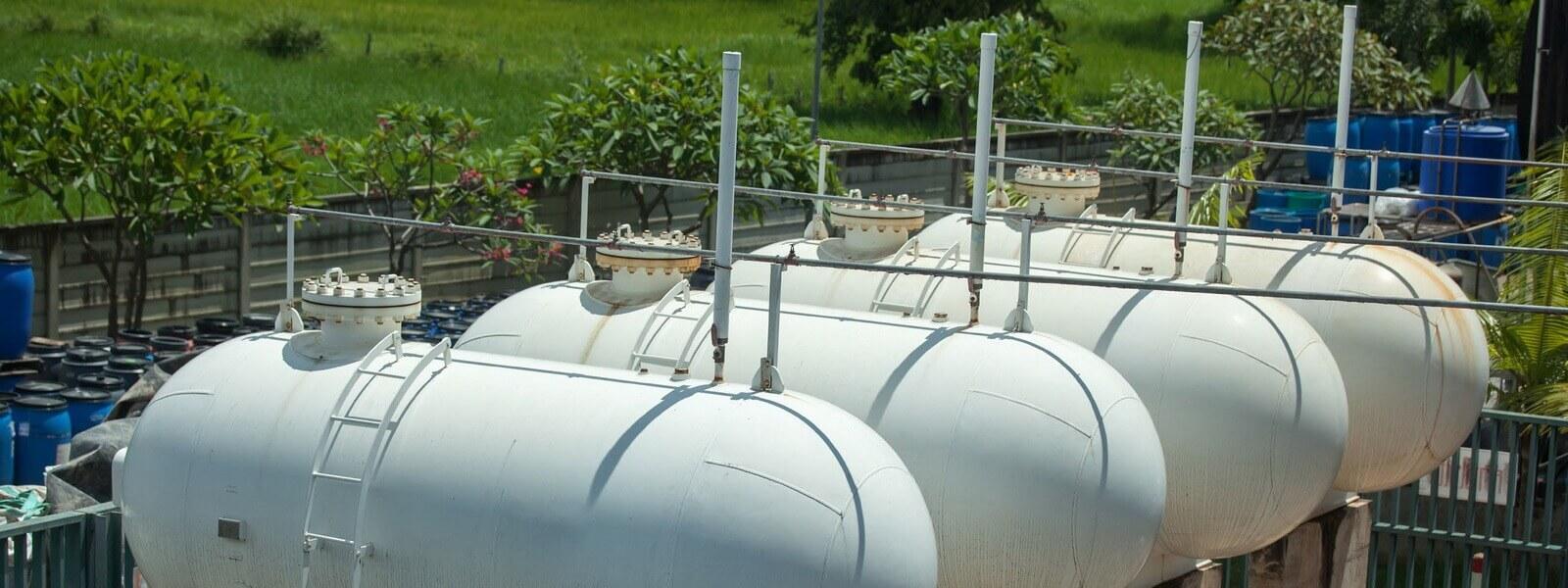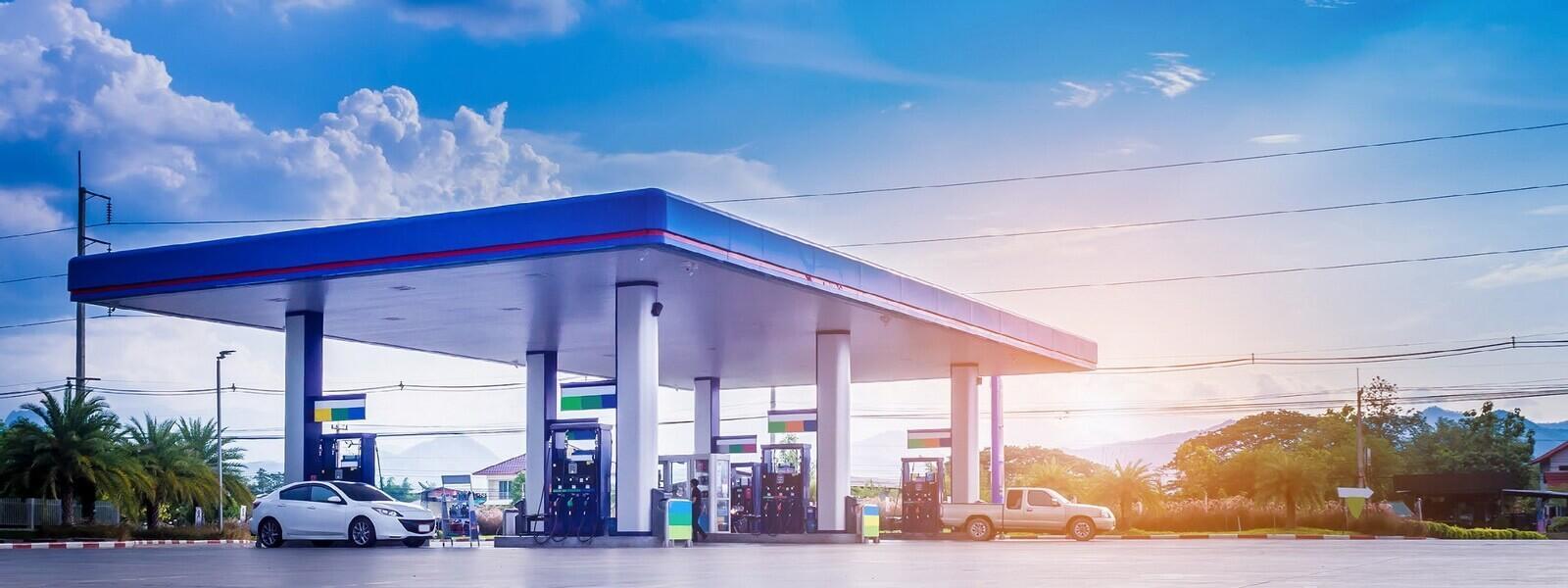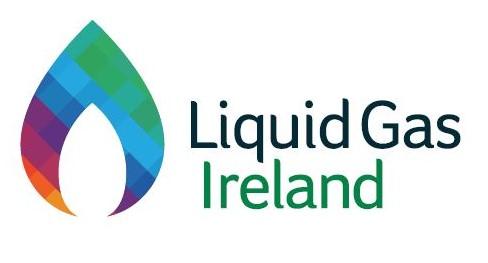
LPG: An immediate local contribution to the global challenge of climate change
The global community will come together in Glasgow later this year for the United Nations Framework Convention on Climate Change (UNFCCC) COP 26 negotiations. These crucial meetings, co-hosted by Italy and the United Kingdom, provide a critical opportunity to collectively address the challenges of climate change. The LPG industry stands ready to do its part.
To this purpose, the national, regional, and global LPG industry is committed to ensure that the off-grid communities, businesses, industries and transportation solutions that they support with a lower carbon, clean, and alternative fuel are not left behind in the implementation of the original Paris Agreement. Moreover, the LPG industry is determined that air quality and related health impacts of energy choices are accounted for in local energy and climate plans as well as in governments’ economic recovery strategies to ensure that these are truly sustainable for both planet and people.
Today, LPG is an essential source of low carbon energy for billions of people across the world. Served by an agile and resilient supply chain, it is able to effectively contribute towards achieving low carbon targets while ensuring that no one is left behind in the global energy transition.
The industry can also play a significant role in meeting the European Green Deal’s greatest pledge, by offering different pathways for the LPG industry towards carbon-neutrality. A recent industry study shows that if the right policy framework is in place, projected demand for renewable LPG in 2050 can be met.
In the United Kingdom, the industry can work together with government to deliver clean energy to rural off grid areas. For more than 80 years, LPG has been a key part of the national energy mix and going forward both conventional LPG and renewable LPG can support UK and Devolved Government’s commitments to decarbonise across a variety of sectors.
In Italy, LPG is the most widely used alternative fuel in the automotive sector, making clean mobility accessible and affordable for households today. In addition, Italy’s poor local air quality is an example of the role domestic heating plays in air quality – especially where woody biomass is burned at the individual household level. In this sense, LPG - because of the absence of fine dust emissions during combustion - represents an effective solution for the reduction of atmospheric pollution especially in off-grid areas.
Through ‘Youth4Climate’, the Italian COP26 partnership rightfully acknowledges the important role of the next generation to drive the climate change ambition. With the former UNICEF report ‘Danger in the air – How air pollution may be affecting the brain development of young children around the world’ in mind, the LPG industry encourages government COP26 delegations to take this ambition beyond climate change.
LPG fuels thousands of applications from road transport to industrial facilities. It is also a clean, efficient cooking solution for more than a billion people around the world, addressing climate change as well as improving quality of life. LPG has the opportunity to add greater value to the world, especially for over a billion people, principally women and girls in regions that still rely on unsustainable biomass and other dirty and dangerous fuels for cooking and heating.
The promise of renewable LPG, being developed as part of the global push to develop biogases such as biomethane and being distributed through an existing supply chain, offers a pathway to a zero-carbon economy. Renewable LPG when combined with innovative efficient technologies such as Micro CHP, fuel cells, hybrid heat pumps or when used to support hybrid renewable energy systems will result in near zero emissions making it an important element in achieving national net zero objectives.
The WLPGA, regional and national LPG industries are committed to jointly address the global challenge of climate change by working in cooperation within the UNFCCC process on the objectives laid out in the Paris Agreement. Through collective action the sector can ensure that LPG and renewable LPG are recognised as a low carbon, available and accessible fuels which have a role to play in helping the global community ensure that the discussions during COP26 are fruitful and successful.
Ewa Abramiuk-Lété – General Manager Liquid Gas Europe
James Rockall – CEO WLPGA
George Webb – Chief Executive Liquid Gas UK
Silvia Migliorini – Director Federchimica-Assogasliquidi










